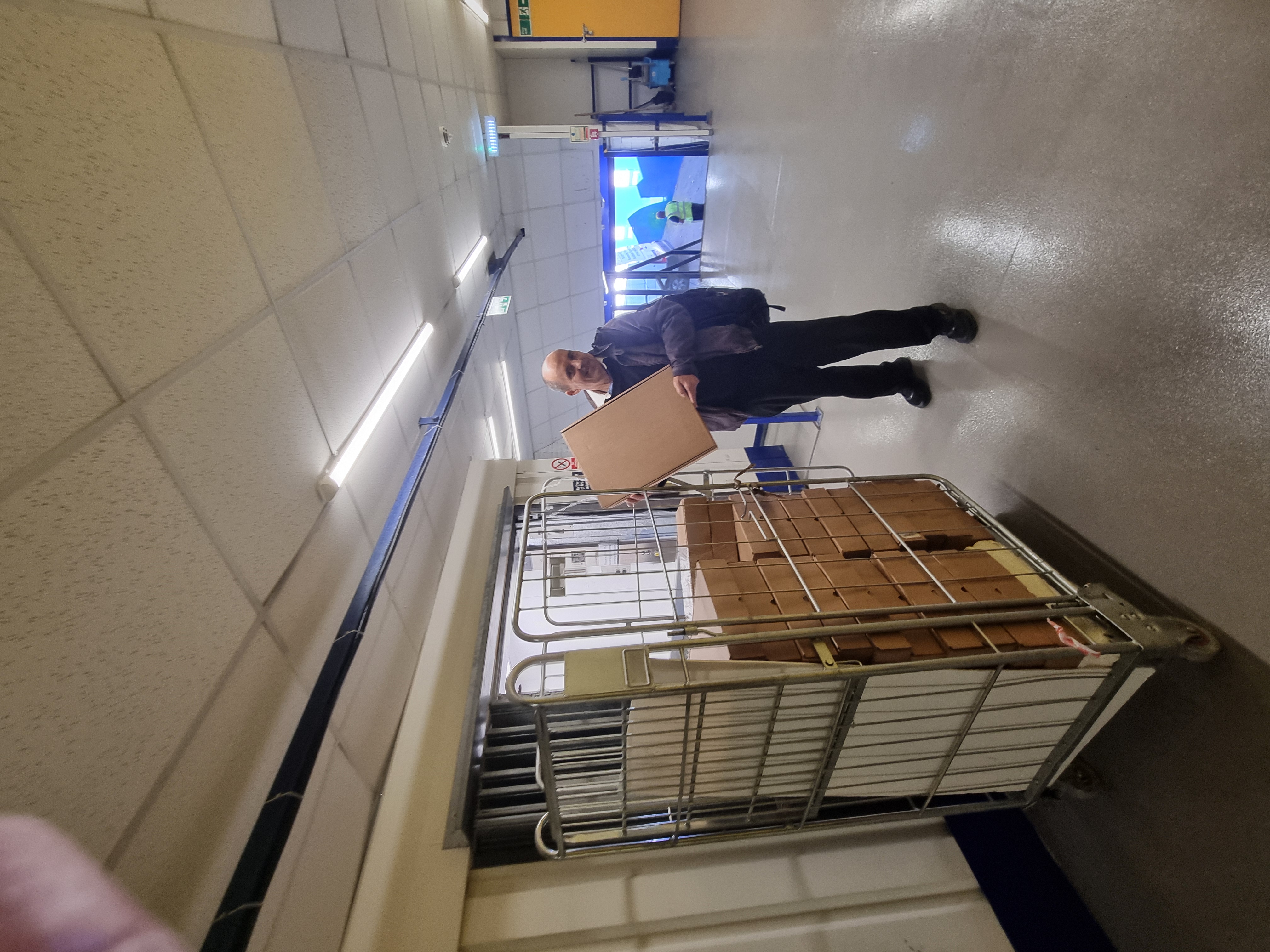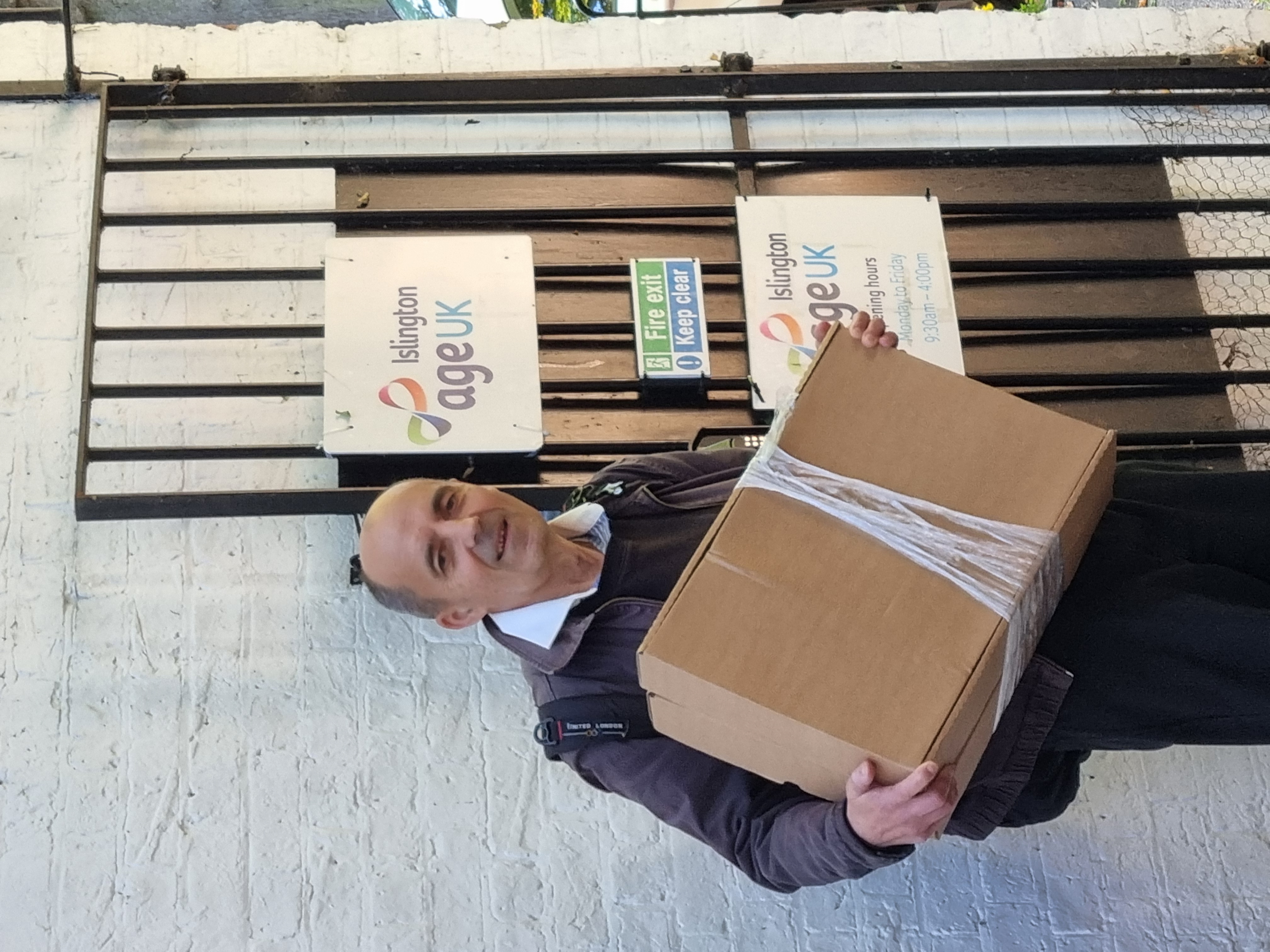The holiday season is a time for celebration, joy, and coming together with loved ones, but it’s also a time when we tend to create a lot more waste than usual.
With gift wrap, packaging, food containers, and decorations, Christmas can result in a huge environmental footprint if we’re not mindful of recycling. Fortunately, there are easy ways to reduce waste, recycle, and enjoy a more sustainable Christmas.
Here’s why it’s essential to recycle this holiday season, along with practical tips to help you make it happen.
Why Recycling Matters Even More at Christmas
During the festive period, UK households produce approximately 30% more waste than usual. Wrapping paper, boxes, glass bottles, plastic decorations, and food waste pile up, and much of it ends up in landfills if not properly sorted. Recycling not only helps reduce this waste, but it also conserves resources and reduces the greenhouse gases associated with producing new materials. By recycling more this Christmas, you’re helping to protect the environment and reduce your carbon footprint, all while making a positive impact on future Christmases for generations to come.
Recycling also supports a circular economy, which means that materials like paper, plastic, and metal can be repurposed and reused, reducing the demand for raw materials. As demand on these resources grows, recycling offers a sustainable way to help meet that demand without further harm to the planet. Recycling this Christmas is one small, but meaningful, way to celebrate sustainably.
Tips to Recycle Right This Christmas
With the many types of waste we generate during the holidays, recycling can be a bit more complicated than usual. Here are some helpful tips to ensure you’re recycling correctly and making the most of your holiday season while being kind to the environment.
Choose Recyclable Wrapping Paper
Not all wrapping paper can be recycled, as many have plastic coatings, glitter, or foil that make them unsuitable for recycling. When buying wrapping paper, look for options marked as recyclable or go for plain paper that doesn’t contain glitter or metallic finishes. A quick test to see if it’s recyclable? Scrunch it up. If it stays crumpled, it’s usually safe to recycle. If it springs back, it likely contains plastic and should go in the general waste bin.
Alternatively, consider using brown paper or reusable gift bags. These can add a rustic, eco-friendly touch to your gifts, and they’re easy to decorate with stamps, string, or sprigs of greenery.
Recycle Cardboard Boxes and Packaging
With the rise of online shopping, many of us end up with stacks of cardboard boxes by Christmas. Flatten these boxes and remove any non-recyclable parts, like plastic tape or polystyrene inserts, before putting them in the recycling bin. Cardboard is widely recyclable and, when processed, can be turned into new boxes, reducing the need for virgin materials.
Some cardboard packaging may have a shiny or waxy finish. Check with your local council to see if this type of material is accepted, as guidelines vary across the UK.
Separate Out Plastic Packaging
Many gifts come with layers of plastic packaging, from plastic clamshells to polythene bags. Be sure to separate plastic from other materials and recycle it accordingly. Check with your local recycling provider to see which types of plastic they accept, as some areas only take specific grades.
When shopping, look for products with minimal or recyclable packaging where possible. More brands are shifting towards eco-friendly packaging, so by supporting these brands, you’re also encouraging a move towards more sustainable practices.
Recycle Glass Bottles and Jars
Christmas is often a time of celebration, and with it comes an increase in glass bottles and jars from festive drinks and food items. Glass is 100% recyclable and can be repurposed endlessly without losing quality, making it one of the most eco-friendly materials to recycle. Rinse bottles and jars before placing them in the recycling, and remember to remove any lids or caps, as they may need to be recycled separately.
Compost Food Waste and Recycle Food Containers
Christmas dinner and seasonal treats can lead to a lot of food waste, which releases methane gas when sent to landfills. Composting vegetable peels and food scraps at home or in a council-provided composting bin reduces this impact and provides nutrient-rich soil for your garden.
For food containers, check whether they’re recyclable or compostable. Many councils now accept cardboard food boxes and foil trays for recycling. Just make sure to rinse off any leftover food residue before placing them in the recycling bin.
Christmas Cards and Decorations
Christmas cards with glitter, foil, or laminated designs are often non-recyclable. To keep things eco-friendly, choose plain cards or cards printed on recycled paper. After Christmas, sort through your cards and recycle only the ones without glitter or foil. Alternatively, consider e-cards, which allow you to send festive greetings without the environmental impact.
As for decorations, opt for durable, reusable items rather than disposable ones. If you do have decorations to throw away, check to see if they’re recyclable—some plastic or metal ornaments might be accepted. For any broken fairy lights, take them to a local recycling centre, as they typically contain materials that can be reclaimed.
Recycle Batteries Responsibly
Many Christmas gifts, particularly toys and gadgets, require batteries, which can be hazardous if thrown in the bin. Most supermarkets and electronic stores in the UK have collection points for recycling batteries, so make use of these when disposing of old batteries or upgrading to new ones. Better still, opt for rechargeable batteries, which save money and reduce waste in the long run.
Create a Recycling Routine
One of the best ways to make recycling part of your Christmas is to set up a simple recycling station at home. Designate bins or boxes for different types of recyclable materials like cardboard, plastic, and glass, and encourage family members to sort their waste accordingly. Having a clear system in place makes it easier to recycle and also helps younger family members understand the importance of reducing waste.
For Christmas Day itself, make it a family tradition to gather up recyclable items after opening gifts and sorting them accordingly. This way, you’re starting Christmas morning with a mindful approach to recycling.
Giving the Gift of Sustainability
Finally, if you’re looking to make your Christmas even greener, consider sustainable gifting ideas. Presents like reusable coffee cups, stainless steel water bottles, or eco-friendly beauty products encourage a more environmentally-conscious lifestyle. Another option is to gift experiences rather than items, which creates memories without any waste.
A Greener, Happier Christmas
Recycling this Christmas is one of the easiest ways to celebrate the season while being kind to the planet. With just a bit of planning and mindfulness, you can reduce waste, recycle right, and have a festive season that’s both joyful and eco-friendly. So, this Christmas, let’s all give a little back to the environment by recycling smarter and making choices that help protect our beautiful planet. After all, the best gifts are those that help preserve a brighter future for everyone.
https://www.cleanupuk.org.uk






.jpg)
.jpg)



.jpg)



